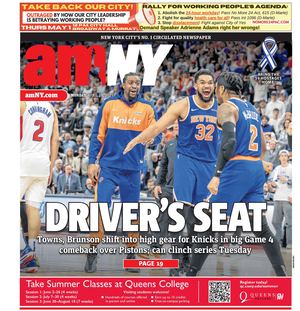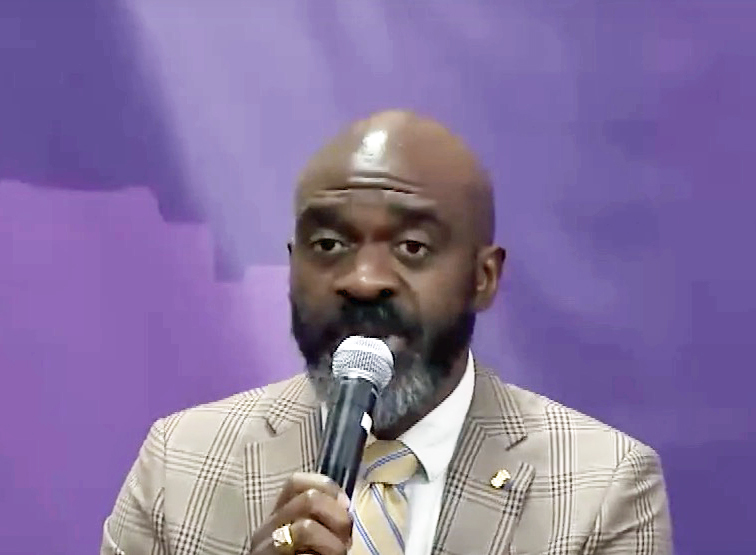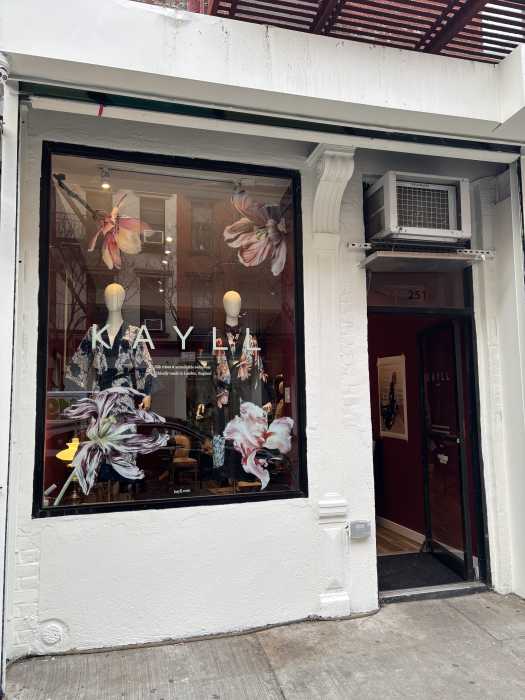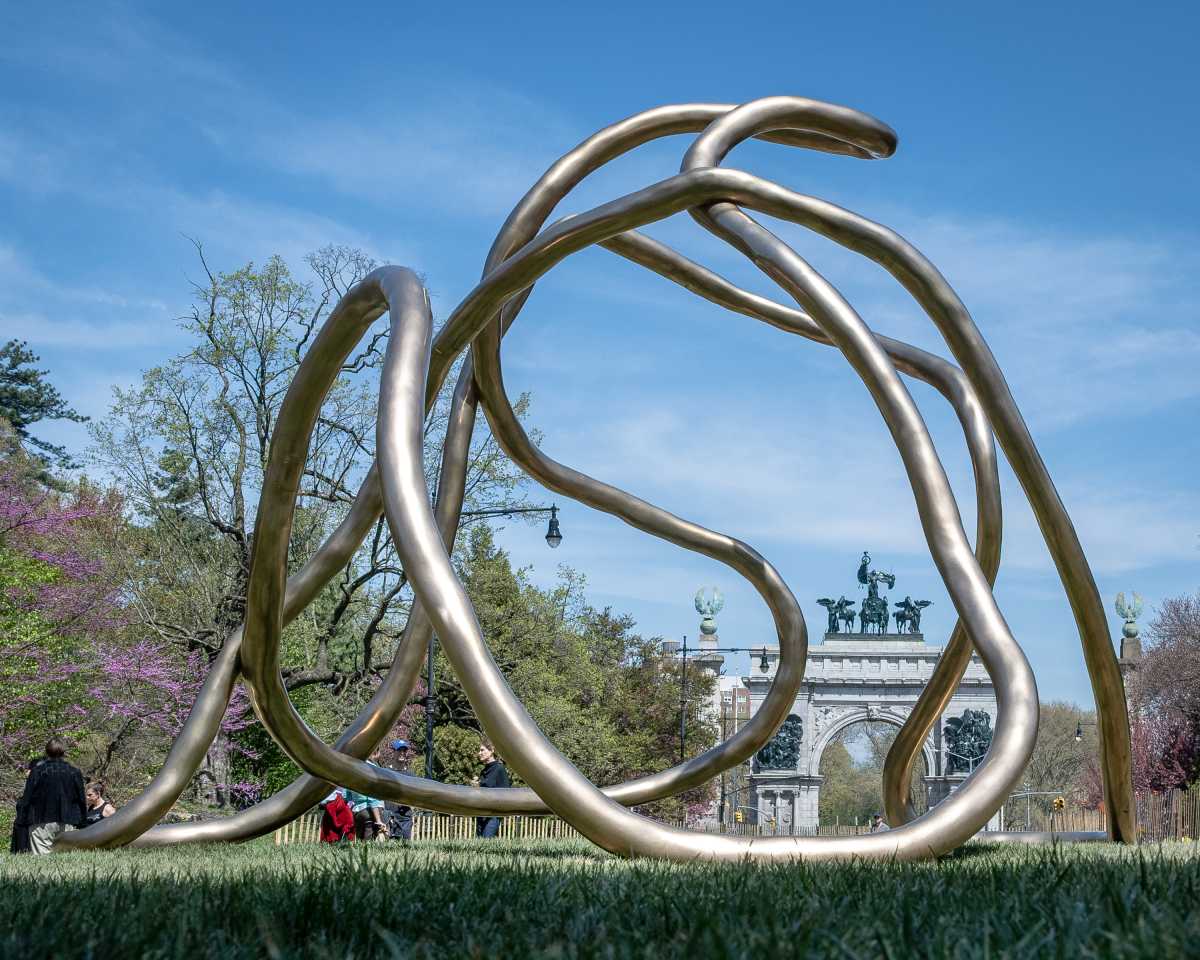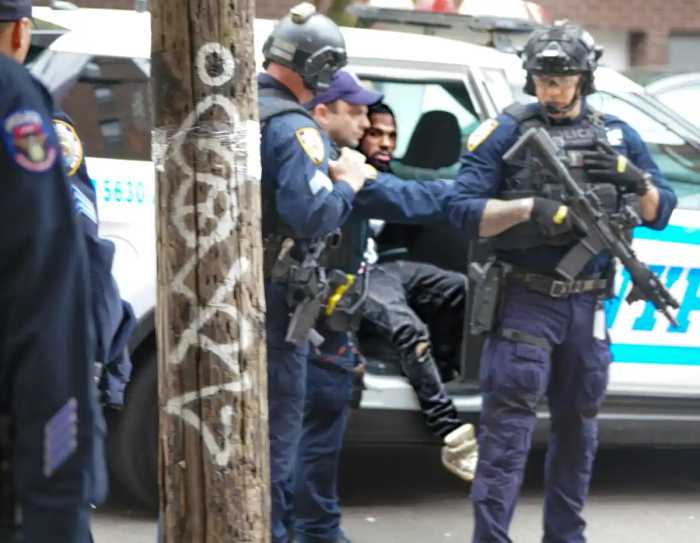
New Yorkers should boycott eateries that refuse to accept cash at Hudson Yards and throughout the city, Public Advocate Jumaane Williams said Tuesday.
Williams made the comments during a news conference outside the West Side development, a project he said does not benefit poor or working class New Yorkers.
Having cashless eateries at the luxury mall on Tenth Avenue rubs “salt in the wounds to a project we all knew was not for the majority of this city," Williams said.
He said people should not wait for a bill that is making its way through the City Council that would require businesses to accept cash as well as credit cards.
“People should stop eating at places that are cashless,” Williams said.
Williams also slammed the Hudson Yards project for being slow to build promised affordable housing and for financing with a federal program targeted to investors who want to apply for U.S. visas.
Those applicants must invest at least $1 million to take part in the program or $500,000 if they focus on Targeted Employment Areas, which have high unemployment or are rural.
Williams said the TEA map used by Hudson Yards investors cuts an odd path from midtown to Harlem in order to meet those requirements, but said he doesn’t see how it helped financially struggling residents in those neighborhoods.
A spokesperson for Hudson Yards said the project created jobs for residents all over the city, including in Harlem, but she did not respond when asked how many workers were residents of the TEA zone.
“Hudson Yards is [an] economic engine for the city, creating tens of thousands of jobs and more than $10 billion to the City’s GDP during construction alone– as well as serving as a significant source of revenue to the MTA,” the spokesperson said in a statement.
“The development has resulted in the creation and preservation of over 1,000 units of affordable housing on-site and in the area and through our partnership with 32bJ and city and neighborhood service agencies and NYCHA we are proud to have hired scores of the most needy residents as employees, many from local housing projects,” the statement read.
